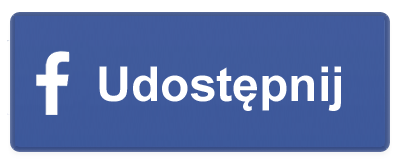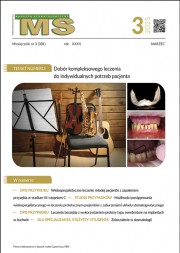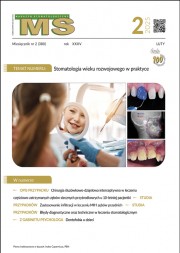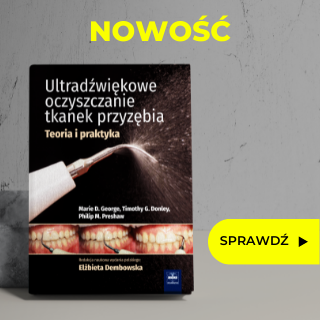
The phone is ringing
Doctor: Pro-Dent Dental Surgery. How can I help you?
Patient: Hello, may I speak with a dentist?
Doctor: Yes, of course. How can I help you?
Patient: Doctor, I need your help. I'm with my son on the playground and my son has just fell down and knocked his front tooth out.
Doctor: Please calm down, Madam. How old is your son?
Patient: Christopher is 7 years old. And it is probably his permanent tooth.
Doctor: How do you know?
Patient: About half a year ago, he lost his milk tooth and soon after that a new tooth appeared. The tooth that was knocked out is the front upper tooth.
Doctor: Please find the tooth and ....
Patient: I have already found it. It was lying on the ground.
Doctor: Ok, so rinse it in water and put it back in place!
Patient: Doctor, I can not handle with this. I am so upset!
Doctor: Please do it!
Patient: I really can not, and there is no one to help me out. We were left alone on the playground.
Doctor: Are you near the pharmacy or some shop?
Patient: Yes, there is a pharmacy; very close by.
Doctor: So please go to the pharmacy, rinse the tooth and put it in a container with a special liquid. They should have it. And please, just come to me right away. If they didn't have this liquid, please call at once.
Patient: Thank you, Doctor. We'll be at your office as soon as possible.
Phone is ringing
Patient: Doctor, it's me again. We've found the pharmacy but it is closed.
Doctor: Is there a shop nearby?
Patient: Yes, it is next to the pharmacy.
Doctor: So please buy some milk and put the knocked-out tooth in it. And please do not be upset. The main thing now is to get to my surgery as quickly as possible. It is critical in terms of saving the tooth. And you may buy ice as well. Wrap it in a handkerchief and apply to the lips.
Patient: All right. Thank you, Doctor one more time. We'll be there in 10 minutes.
VOCABULARY PRACTICE
Read the text about common teeth injuries and the first aid that's recommended in such situations. Substitute Polish words with their English equivalents. First letter is provided to give you a hint
If a baby, toddler, or young child injures the gums or baby teeth:
- Apply 1) p__________ (= ucisk) to the area (if it's bleeding) with a piece of cold, wet 2) g______ (= gaza).
- Offer an ice pop to 3) s_______ (= ssać) on to reduce 4) s________ (= opuchlizna), or hold an ice-pack wrapped in a washcloth to the cheek.
- Give ibuprofen as needed for pain.
- Call a dentist.
- Watch for swelling of the gums, pain, 5) f________ (= gorączka) or a change in the color of the tooth.
If a permanent tooth is chipped or broken:
- 6) C_____ (= zebrać) all pieces of the tooth.
- 7) R______ (= wypłukać) the mouth with warm water.
- Call a dentist right away to schedule a visit.
If a permanent tooth is knocked out:
Go to the dentist or emergency room right away after following these steps:
- Find the tooth.
- Hold the tooth by the crown not the root.
- Place the tooth in a balanced salt 8) s________ (= roztwór), if you have it. If not, place the tooth in a container of milk or your child's 9) s______ (= ślina). Do not 10) s______ (= przechowywać) it in tap water.
- For older kids and teens, try placing the tooth back in the 11) s________ (= otwór) without touching the root.
Match patient's questions with doctor's answers
- What if the knocked-out tooth is dirty?
- What if the tooth cannot be put back in?
- What if I have only got part of the tooth?
- Why is it best to put the knocked-out tooth back straightaway?
- How can I prevent injury to teeth?
A. The cells at the root of the tooth will usually attach firmly back to the tooth socket if they do not die. The sooner a tooth is put back, the greater the chance of success.
B. Rinse the tooth in some cold water or milk. Do not scrub it or put it in disinfectant. This will damage the delicate cells on the root needed to attach the tooth back to the gum.
C. Teeth are often damaged in accidents during sports. This can be prevented with a mouth guard. Some helmets also offer protection to the teeth.
D. Put the tooth in a cup of milk or saline and see a dentist as soon as possible. The tooth must be kept moist. If milk or saline is not available, put the tooth in the injured person's mouth between their cheek and the gum. If the tooth is kept moist with any of these methods until it is put back in its socket there is a greater chance of permanent recovery. It may still be successful up to 24 hours after the accident.
E. It is not a good idea to try and put the tooth back into the socket if it is not complete. Contact your dental team as soon as possible and they will tell you what can be done to restore the tooth. You may need dental x-rays to see if there is any root damage.
Translate the following into English:
- Jeśli dziecko wybiło sobie ząb, pierwsza godzina jest kluczowa dla sukcesu leczenia.
…...................................................................................................................................
- Upewnij się, że ząb nie wysycha. Utrzymuj go wilgotnym przez zanurzenie w soli fizjologicznej.
…...................................................................................................................................
- Pamiętaj, że nie możesz użyć wody z kranu do moczenia zęba.
…...................................................................................................................................
- Nie dotykaj korzeni zęba.
….....................................................................................................................................
- Aby zachować/uratować wybity ząb, skontaktuj się z dentystą tak szybko, jak to możliwe.
….......................................................................................................................................














